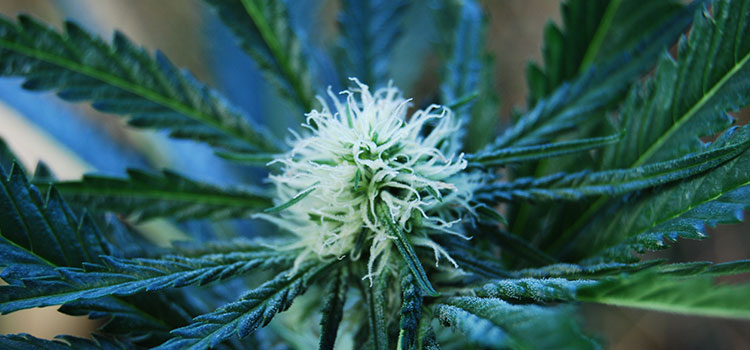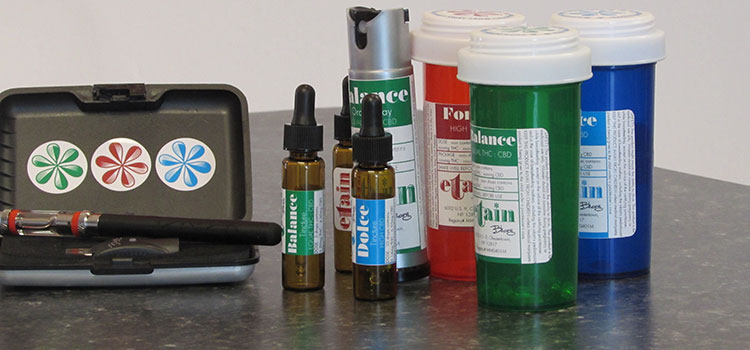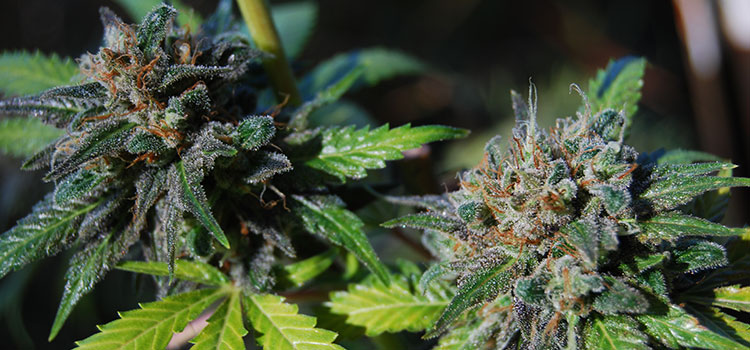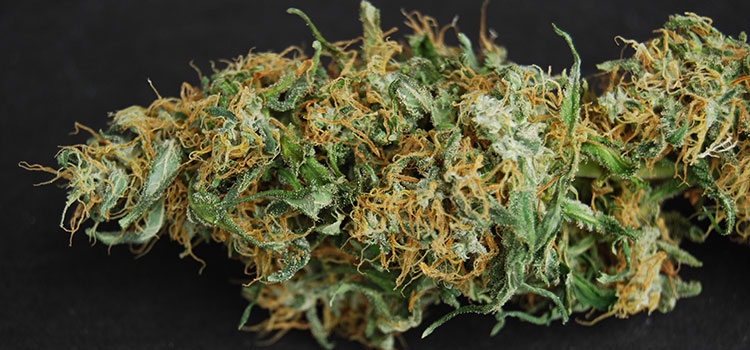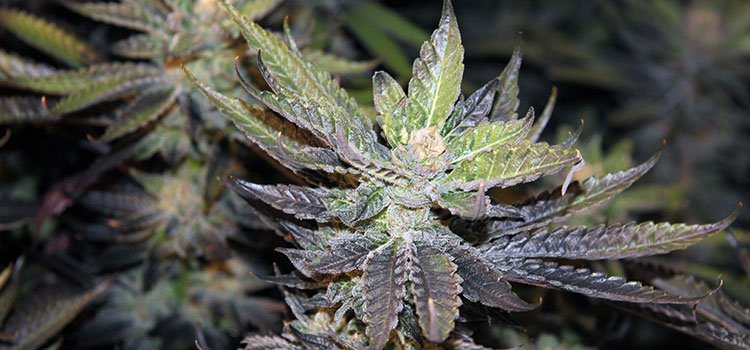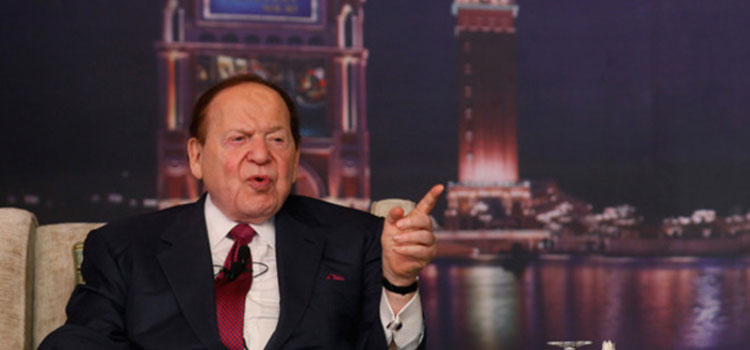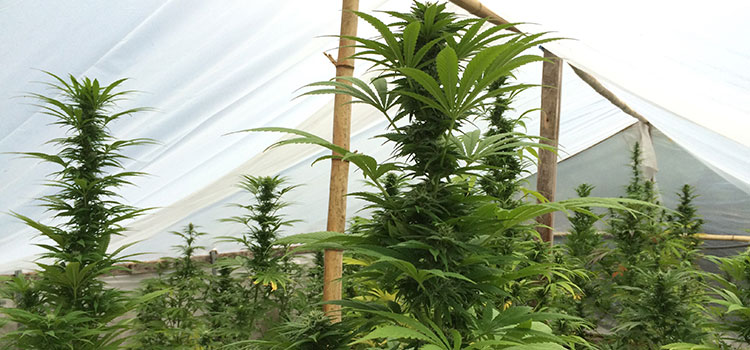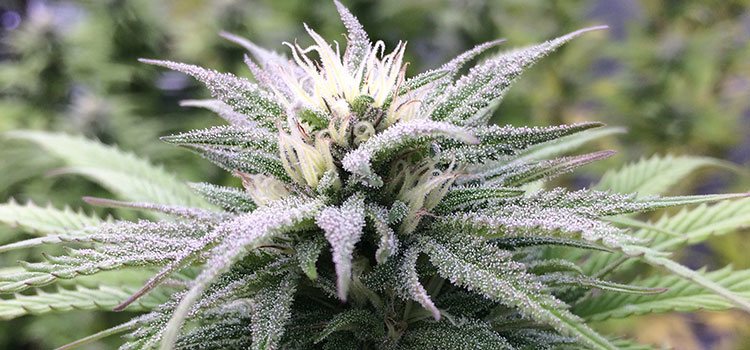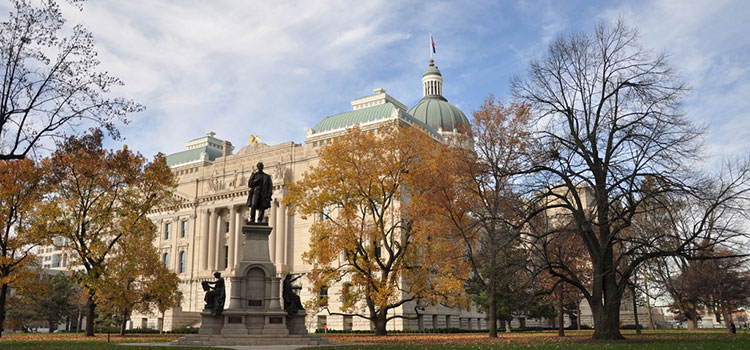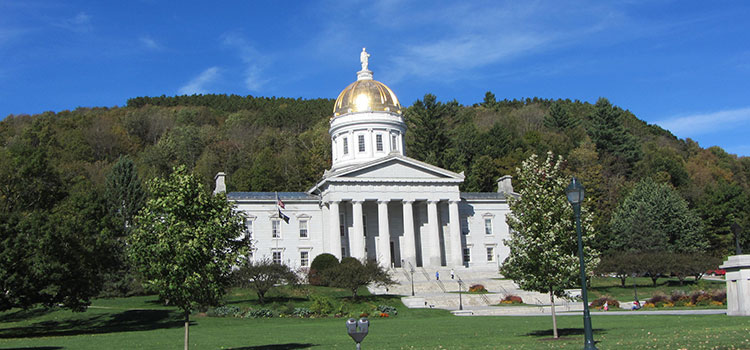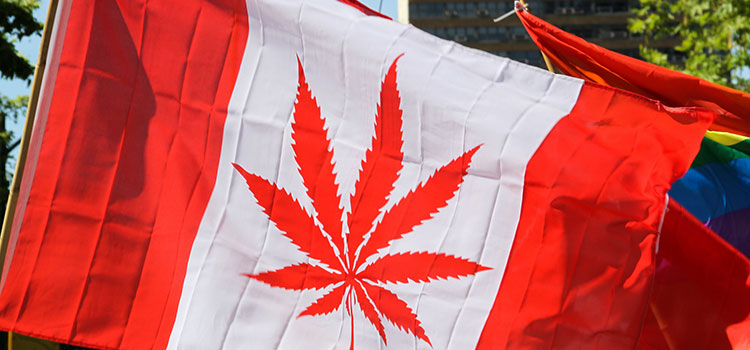Editor’s Note: This article was written by Jeremy Moberg, and was edited and assembled by the Ganjapreneur editorial staff. Jeremy is founder and CEO of CannaSol, an eastern Washington I-502 cannabis producer that grows marijuana solely using the power of the sun.
The cannabis industry has a problem. A really big problem: it’s terrible for the environment.
By now, the story line is well-established: Fortune Magazine wrote it most recently — “The Booming Pot Industry is Draining the U.S. Energy Supply.” And, despite a feeble attempt by New Cannabis Ventures to discredit the argument, Fortune nailed the environmental impact of indoor-grown cannabis right on its head.
The news first broke in 2011 when Scott Zerambie, owner of a local grow store, started working with the renowned climate scientist Dr. Evan Mills. Since then, the story has been circulating around the environmental consciousness of our country — but people, particularly people in the cannabis industry, are often afraid to talk about it.
Prohibition
The reason why our environment is suffering remains relatively simple: cannabis prohibition moved cannabis production indoors, where it was grown under lights and was less likely to be discovered by “The Man.”
During the 1980s, outdoor grows became increasingly more difficult as the War On Drugs funded helicopter searches that relentlessly scoured rural areas and the surrounding wilderness. Growers who pushed deeper into the hills lost control of their product and the quality went down. Indoor growers, however, were able to churn through crops and perfect their skill. With a controlled environment and the ability to grow six crops a year, the science advanced quickly and eventually indoor growers created a new standard for pot: it was called “green bud,” something far more pleasant and potent than most of the grass that came before it.
By the 1990s, it was the Golden Age of cannabis: high-grade indoor cannabis was going for $5,000 per pound on the west coast, and prices were even higher as you headed east. Growers were pushing the limits of indoor cannabis production to maximize yields. They concentrated on growing short flowering indica strains that gave a fast turn around to pay the bills quickly.
Rising energy costs
So, what’s the problem? Re-creating the sun indoors takes a whole lot of power.
Dr. Evan Mills published the first assessment of marijuana’s power usage in his 2011 study titled “Up in Smoke: The carbon foot print of cannabis.” His conclusions were astounding and widely underestimated.
According to Dr. Mills, 1% of the nation’s power was being used to grow pot — that’s a huge number. And in western states it was even higher: 9% of California’s consumer power was being used for indoor grow operations. Breaking it down to a more personal level: smoking a gram of indoor weed represents about 10 pounds of CO2 emissions, or the equivalent of leaving a 100 watt light bulb on for 75 hours.
Washington state — specifically Seattle with its notoriously cloudy weather — is arguably the birth place of indoor cannabis, so it makes sense that when legalization finally arrived many of the longtime growers there naturally decided to scale up their operations as they only knew how. But indoor cannabis on a commercial scale uses a ghastly amount of electricity and produces tainted water run off — a pair of unfortunate complications that have grown increasingly more concerning.
Growing need for sustainable cannabis
Washington has been on the forefront of sustainably grown cannabis, but it didn’t come easy. The first proposed rules would have done more than allow the polluting ways of indoor cannabis to continue: they would have actually required that all state-sanctioned cannabis be grown indoors. I was appalled, and formed the Okanogan Cannabis Association to lobby the state’s regulatory body for the right to grow under the sun. I delivered a PowerPoint presentation that changed their perceptions and, with a little help from the Seattle Times, we eventually ended up with rules that allow for sun-grown production.
Colorado went the other way — requiring commercial production to be indoors — and now is facing an energy crisis stemming from large warehouse grows that have begun to dominate Denver’s real estate scene. Colorodo’s Excel energy simply can’t keep up with the energy demands of indoor cannabis. Boulder, Colorado recognized the problem and recently required cannabis grown within the city to be offset with sustainably produced power.
The aforementioned attempt by New Cannabis Ventures to justify the cannabis industry’s exorbitant energy usage proposes that legalization will, over time, improve operational efficiency and move production out of private basements and garages, where inefficiencies are less likely to be corrected.
But — here’s the kicker — why on Earth are we installing solar panels on warehouses to produce electricity to power lights to grow cannabis at a terrible efficiency … when we can just grow it under the sun? It takes years for a solar panel to recover the energy required to produce and install it — so installing solar panels on warehouses to grow pot just makes the problem worse, not better.
There are some people who argue that LED lighting may be able to produce a better end-product, and many think that outdoor crops are inferior to the super specific genetics and hyper-engineered conditions used by indoor growers. But here’s one thing that we know: the global agriculture industry grows using sunlight for a reason, and the cost prohibitive nature of growing literally any major crop indoors would see such a proposal laughed out the door.
Nonetheless, the green rush is on. Dumb money is following dumb money as uninformed investors clamor to invest in ridiculously expensive and energy consuming warehouse industrial grow operations.
We’ve reached a point where we’re producing cannabis like a caged animal: its given only what it needs to survive, and we have reduced the plant’s nutritional needs to narrow bandwidths of artificial light and synthetic nutrients. It’s like giving an athlete growth hormones: it might make him run faster — but at what price? The resulting plant is a product of modern science and lacks a connection to the earth and the elements — today, it’s an entirely unnecessary process.
So, here’s the bottom line: we could make a world of difference in curbing the costs of climate change with the immediate cessation of indoor, commercially-grown cannabis.




